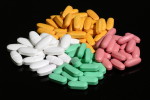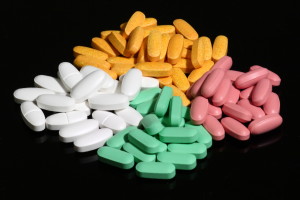by Pathways Magazine – ICPA.org:
Parents seeking treatment for their child with ADHD (attention deficit hyperactivity disorder) often pursue alternative treatments to those offered by conventional medicine. A study conducted in Australia investigated how many parents with ADHD children did seek some form of alternative to stimulant medication. This study published in the January 2005 issue of the Journal of Paediatric Child Health revealed that over two-thirds of families with an ADHD child sought alternative care. Families of 50 children out of 75 respondents attending the Royal Children’s Hospital in Victoria reported using at least one form of alternative treatment for ADHD.
Diet modification was the most common form of alternative treatment pursued by these parents (66 percent of those who tried alternatives). Other treatments that parents had tried included vitamins and minerals (32 percent), aromatherapy (24 percent), dietary supplements (24 percent), chiropractic (20 percent), naturopathic therapy (16 percent), herbal therapy (14 percent), and neurofeedback and behavioral optometry (10 percent each).
Parents were also asked their goals in seeking alternative treatment, and 89 percent wanted to minimize their child’s symptoms. Avoiding side effects of prescribed medications was rated as important by 67 percent of families.
Most importantly, nearly 60 percent of families rated at least one type of alternative treatment helpful for their child.
This study shows the frustration and general dissatisfaction among parents with the pharmaceutical approach to children’s attention problems. Parents are seeking a holistic approach to these children’s problems, and this study shows the perceived benefit that parents experience from these holistic methods of treatment.
Article originally posted at ICPA.org.


